10% off £25 OR 15% off £35
Herbs, Spices & Seasoning
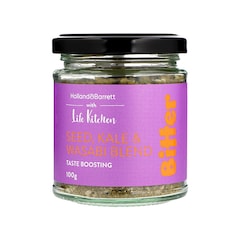
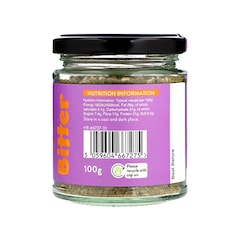
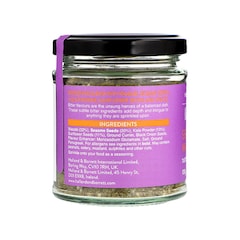
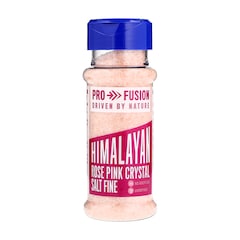
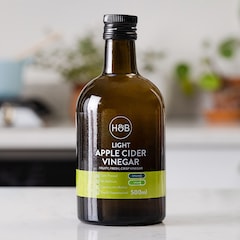
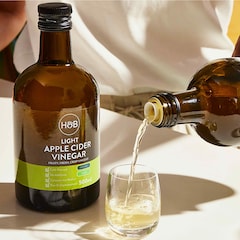
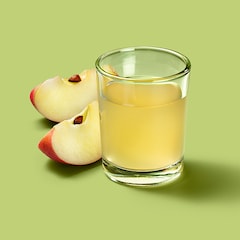
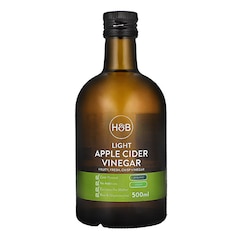
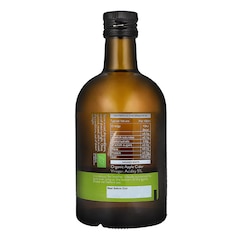
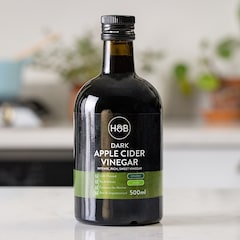
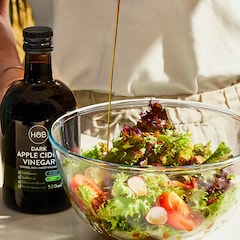
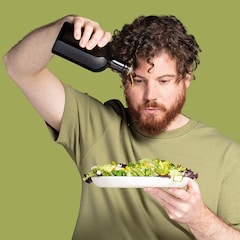
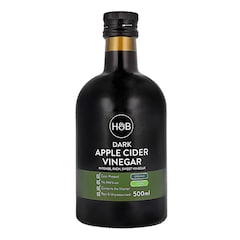
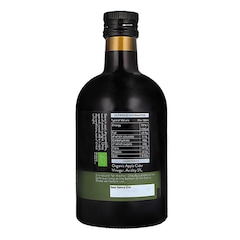
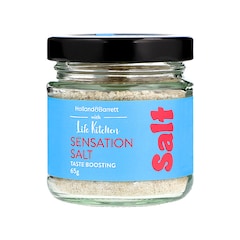
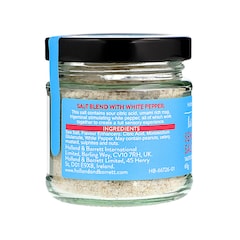
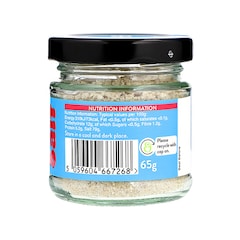
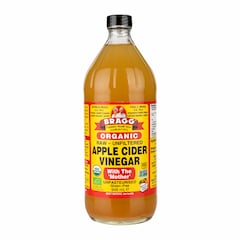
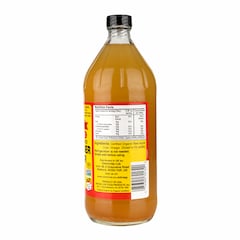
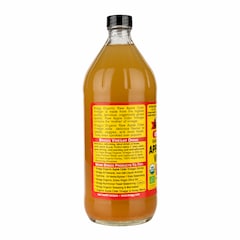
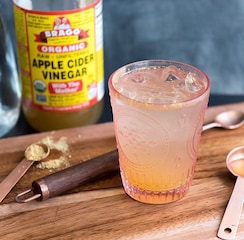
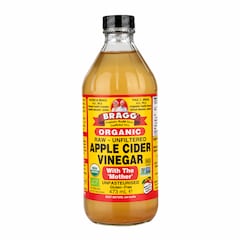
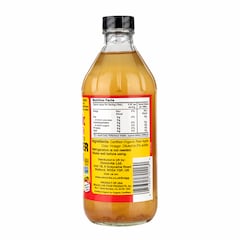
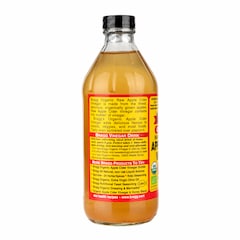
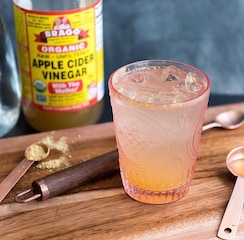

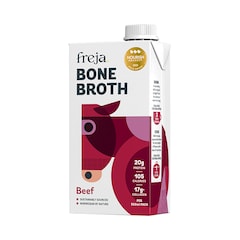
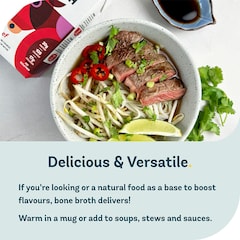

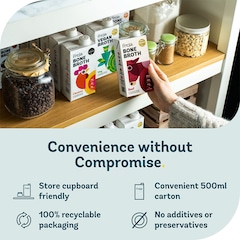
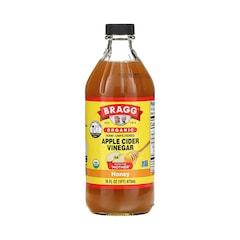
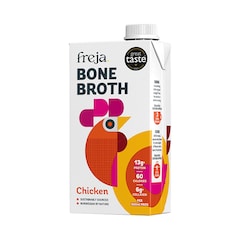
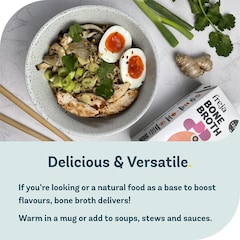

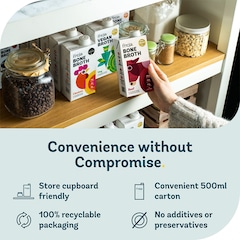
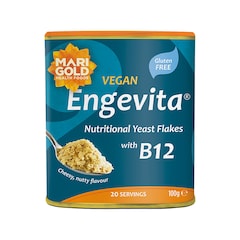
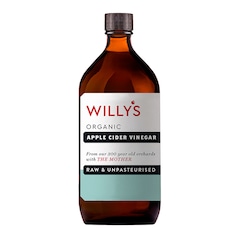
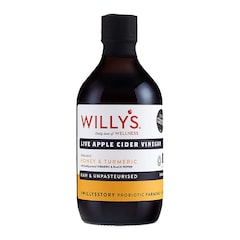
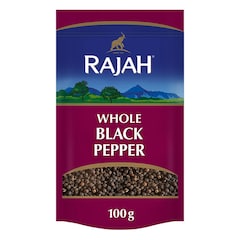
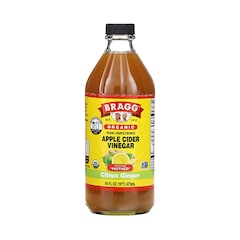
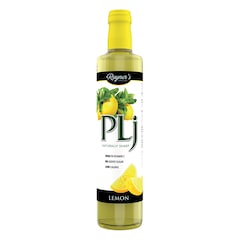
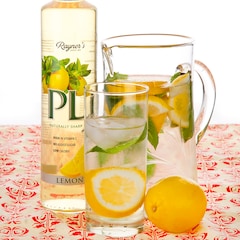
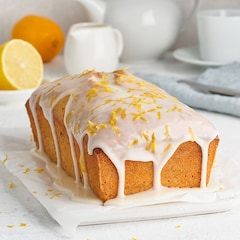
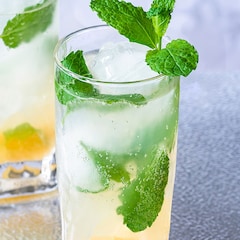
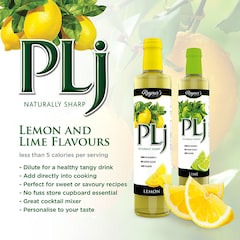
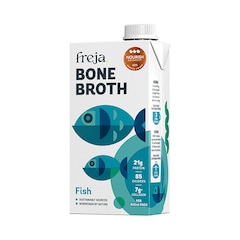
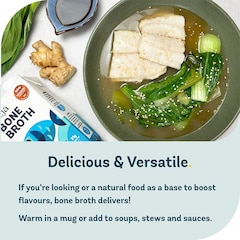

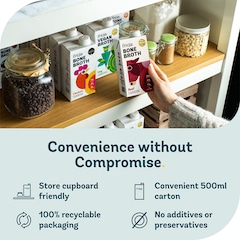
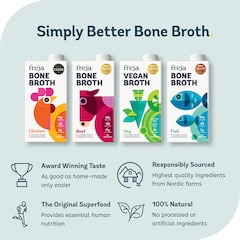
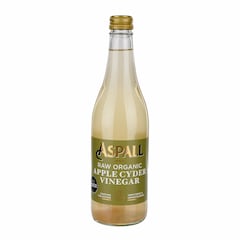
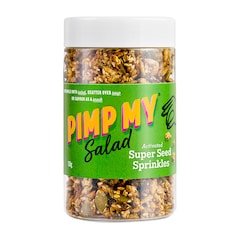
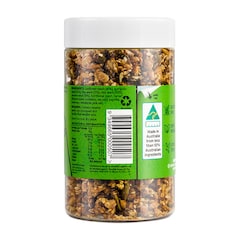
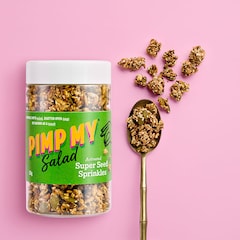
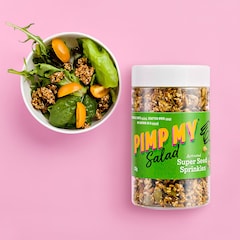
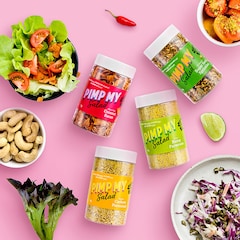
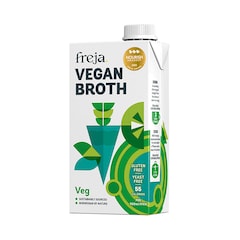
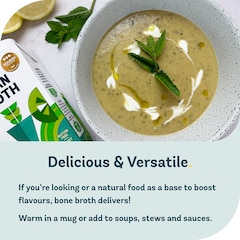

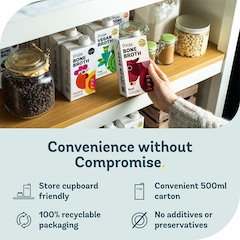
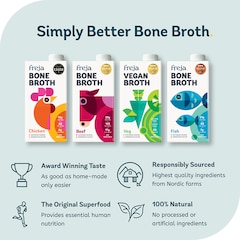
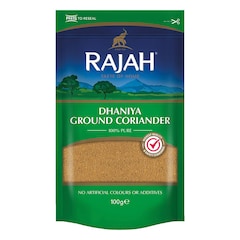
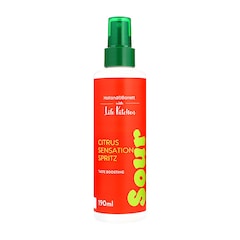
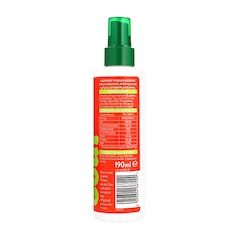
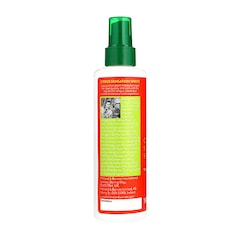
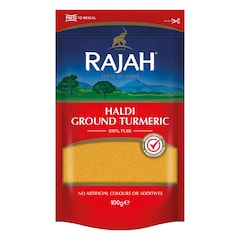
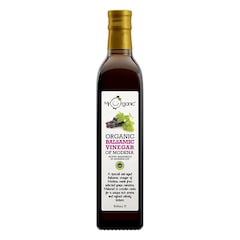
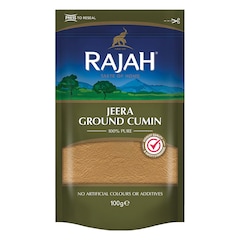
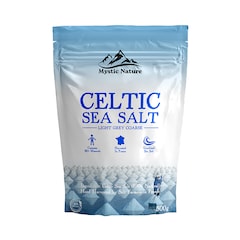
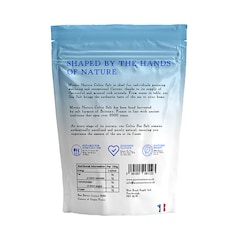
Used in medicines since ancient times, herbs and spices also play an important role in modern day cooking. They add flavouring to food as well as adding colour and variety to dishes as well, which is also known as seasoning. Put it this way, our food would be pretty bland without them!
A great alternative to adding salt to your cooking
Many herbs and spices carry health benefits as well. So using them in cooking can help you resist the urge to shake the salt cellar just to add more flavour.
As we now know, eating too much salt can contribute to high blood pressure. And whilst the body does need some salt, it is best to keep it to a minimum and look for other ways to add flavour to your food.
What are the similarities and differences - between herbs and spices?
The two words ‘herbs’ and ‘spices’ are often used interchangeably when talking about cooking. However there are some key differences between the two.
Both herbs and spices come from plants and can be sweet or savoury in flavour.
They are both used in the same way, to give food extra flavouring.
Herbs are defined as the leafy green part of the plant. Think sage, rosemary, thyme and oregano. Herbs also tend to be quite mild tasting, adding subtle flavours to dishes.
Spices, on the other hand, come from the non-leafy parts of the plant such as the roots, seeds, bark, flowers, berries and seeds.
Spices are usually a lot stronger in flavour than herbs, not least because these parts of plants are rich in essential oils.
Which salt should I use during cooking?
Although you are well advised to carefully regulate your salt intake, your body does need some salt and it has been used in cooking, to bring out flavours, for centuries.
Salt is used within seasoning for flavouring as well as to bind other flavours together and make them more intense.
There are a number of different varieties of salt to choose from, and which one you choose will ultimately depend on what you want to use it for.
Sea salt
Sea salt is great for use in seasoning. Fine sea salt can also be used as a table salt for adding flavour to food once it has been cooked and plated up.
Himalayan pink salt
Himalayan pink salt is great for cooking and is suitable for anyone following a vegan or vegetarian diet.
This salt has become very popular in recent years due to its mineral content. This mineral-rich salt is mined in the foothills of the Himalayan Mountains in Pakistan and can also be used to make an energised mineral drink by mixing it with spring water. The drink is called Solay and can be enjoyed after exercise.
How to make your own seasoning
A seasoning tends to refer to a mixture of herbs, spices and salts.
You can buy this ready mixed in a product such as the Bang Curry Khulna Bang Scratch Spice Kit which is packed full of mixed spices and flavouring.
Alternatively, you can also create your own seasoning using a mixture of ingredients which include ground cinnamon, ground turmeric, ground ginger, black peppercorns, ground coriander and cardamom pods.
Simply crush all your ingredients together using a pestle and mortar, then shake until they are all mixed together.
You could use this home-made seasoning as a base for sauces. Add a dash to your cooking, or use as a coating for meat, fish or vegetables.
It is also good idea to stock up your cupboard with these spices as they can be called on for use in a wide variety of recipes and seasonings.
Are herbs and spices suitable for vegans?
Herbs and spices are generally suitable for anyone following a vegan or vegetarian diet.
Most seasoning mixes are also vegan-friendly, although some may contain animal or fish extracts, so you should check the ingredients of a seasoning before you buy it. Or, of course, why not make your own!
If you are following a vegan diet, yeast flakes are an excellent source of vitamin B12, which is otherwise only found naturally in animal products.
Yeast flakes enhance the flavour of a variety of dishes with their nutty flavour.
They can be used as a cheese flavouring in sauces; as a thickener in soups and sauces or even sprinkled over pasta.
Used in medicines since ancient times, herbs and spices also play an important role in modern day cooking. They add flavouring to food as well as adding colour and variety to dishes as well, which is also known as seasoning. Put it this way, our food would be pretty bland without them!
A great alternative to adding salt to your cooking
Many herbs and spices carry health benefits as well. So using them in cooking can help you resist the urge to shake the salt cellar just to add more flavour.
As we now know, eating too much salt can contribute to high blood pressure. And whilst the body does need some salt, it is best to keep it to a minimum and look for other ways to add flavour to your food.
What are the similarities and differences - between herbs and spices?
The two words ‘herbs’ and ‘spices’ are often used interchangeably when talking about cooking. However there are some key differences between the two.
Both herbs and spices come from plants and can be sweet or savoury in flavour.
They are both used in the same way, to give food extra flavouring.
Herbs are defined as the leafy green part of the plant. Think sage, rosemary, thyme and oregano. Herbs also tend to be quite mild tasting, adding subtle flavours to dishes.
Spices, on the other hand, come from the non-leafy parts of the plant such as the roots, seeds, bark, flowers, berries and seeds.
Spices are usually a lot stronger in flavour than herbs, not least because these parts of plants are rich in essential oils.
Which salt should I use during cooking?
Although you are well advised to carefully regulate your salt intake, your body does need some salt and it has been used in cooking, to bring out flavours, for centuries.
Salt is used within seasoning for flavouring as well as to bind other flavours together and make them more intense.
There are a number of different varieties of salt to choose from, and which one you choose will ultimately depend on what you want to use it for.
Sea salt
Sea salt is great for use in seasoning. Fine sea salt can also be used as a table salt for adding flavour to food once it has been cooked and plated up.
Himalayan pink salt
Himalayan pink salt is great for cooking and is suitable for anyone following a vegan or vegetarian diet.
This salt has become very popular in recent years due to its mineral content. This mineral-rich salt is mined in the foothills of the Himalayan Mountains in Pakistan and can also be used to make an energised mineral drink by mixing it with spring water. The drink is called Solay and can be enjoyed after exercise.
How to make your own seasoning
A seasoning tends to refer to a mixture of herbs, spices and salts.
You can buy this ready mixed in a product such as the Bang Curry Khulna Bang Scratch Spice Kit which is packed full of mixed spices and flavouring.
Alternatively, you can also create your own seasoning using a mixture of ingredients which include ground cinnamon, ground turmeric, ground ginger, black peppercorns, ground coriander and cardamom pods.
Simply crush all your ingredients together using a pestle and mortar, then shake until they are all mixed together.
You could use this home-made seasoning as a base for sauces. Add a dash to your cooking, or use as a coating for meat, fish or vegetables.
It is also good idea to stock up your cupboard with these spices as they can be called on for use in a wide variety of recipes and seasonings.
Are herbs and spices suitable for vegans?
Herbs and spices are generally suitable for anyone following a vegan or vegetarian diet.
Most seasoning mixes are also vegan-friendly, although some may contain animal or fish extracts, so you should check the ingredients of a seasoning before you buy it. Or, of course, why not make your own!
If you are following a vegan diet, yeast flakes are an excellent source of vitamin B12, which is otherwise only found naturally in animal products.
Yeast flakes enhance the flavour of a variety of dishes with their nutty flavour.
They can be used as a cheese flavouring in sauces; as a thickener in soups and sauces or even sprinkled over pasta.


